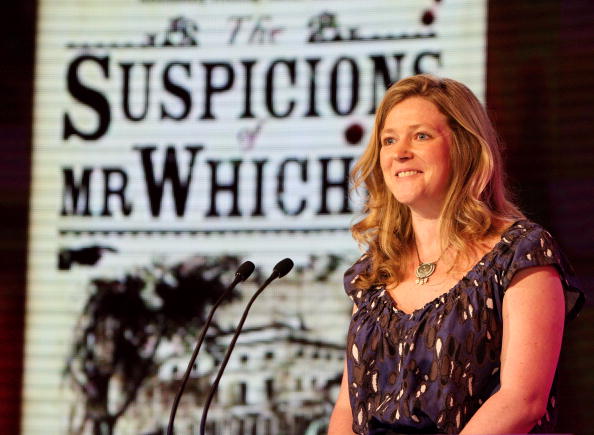Victorian murder mystery inspires book prize winner

When a three-year-old was brutally murdered in an urbane Wiltshire household in 1860, the crime created a national frenzy and sparked an entire new literary genre of the aristocratic "country house murder".
Almost 150 years later, the murder at Road Hill House looks set to regain its grip on the national imagination after a modern-day account of the Cluedo-style killing won the £30,000 Samuel Johnson prize.
The Suspicions of Mr Whicher, Or The Murder at Road Hill House, by Kate Summerscale, had been regarded as the most commercial book on the six-strong shortlist. The prize, regarded as the non-fiction "Booker" in the literary world, had been tipped to go to Patrick French's biography of the writer V S Naipaul, The World Is What It Is.
The murder of Saville Kent took five years to solve and inspired a generation of writers including Wilkie Collins, Charles Dickens and Arthur Conan Doyle. The case had all the hallmarks of the classic murder mystery: a body, a brilliant detective, called Jack Whicher, and a country house steeped in secrets.
The murder took place at the height of summer in an elegant detached Georgian house in the village of Road. The home was owned by the Kent family, who were apparently asleep with the door firmly bolted, when the murder took place. They awoke to the murder which provoked national hysteria that a respectable, middle-class family could be held under suspicion for such a brutal crime.
Summerscale said she was drawn to it after reading about the murder by chance. "I read about the Road Hill child murder in an old anthology of celebrated Victorian cases. I was fascinated by the story – a country house murder in which everyone in the household fell under suspicion – but I was especially struck by the figure of Inspector Whicher, a brilliant detective whose career was ruined by the case... Whicher was a model for the fictional sleuths of today," she said.
Mr Whicher's reports and notes have even been preserved by the Metropolitan Police. It had been "a treat to research", she admitted. "The Victorian public seemed to have been as intrigued as I was by the dark secrets of the murder victim's household: the wayward adolescent children, the nervous nursemaid, the spinster sisters, the bad-tempered father and his two wives – the first a madwoman, the second his former servant and lover."
The figure of Mr Whicher is believed to have inspired the creation of Sergeant Cuff in Collins' The Moonstone and Dickens' all-knowing Inspector Bucket in Bleak House as well as Conan Doyle's Sherlock Holmes.
Rosie Boycott, the former newspaper editor and chair of the prize's judging panel, said the winning book had been a unanimous choice. "It was very much like the McCann case is today, with the media crawling all over it... No one wanted to believe an upper-class family could commit a murder like this one, so everyone wanted to blame the servants," she said.
Join our commenting forum
Join thought-provoking conversations, follow other Independent readers and see their replies
Comments
Bookmark popover
Removed from bookmarks